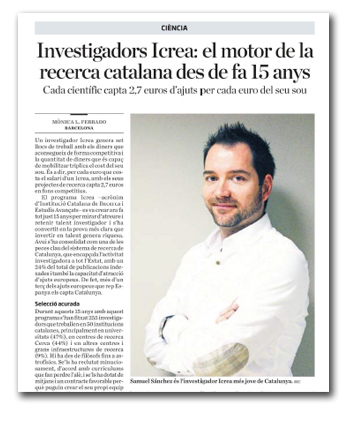Vision restoration by molecular prostheses

The groups of Pau Gorostiza, ICREA Research Professor at IBEC, and Amadeu Llebaria of IQAC-CSIC have developed molecules that can be applied as light-regulated molecular prostheses to help restore vision in cases of retinal degeneration.
Together with their collaborators at ICIQ, INA, IRB Barcelona, CIBER-BBN and the Miguel Hernández and Alcalá de Henares universities, the researchers reveal in Nature Communications today their development of a new class of light-regulated drug, targeted covalent photoswitches (TCPs), that act as prosthetic molecules that can restore photoresponses in degenerated retinas.

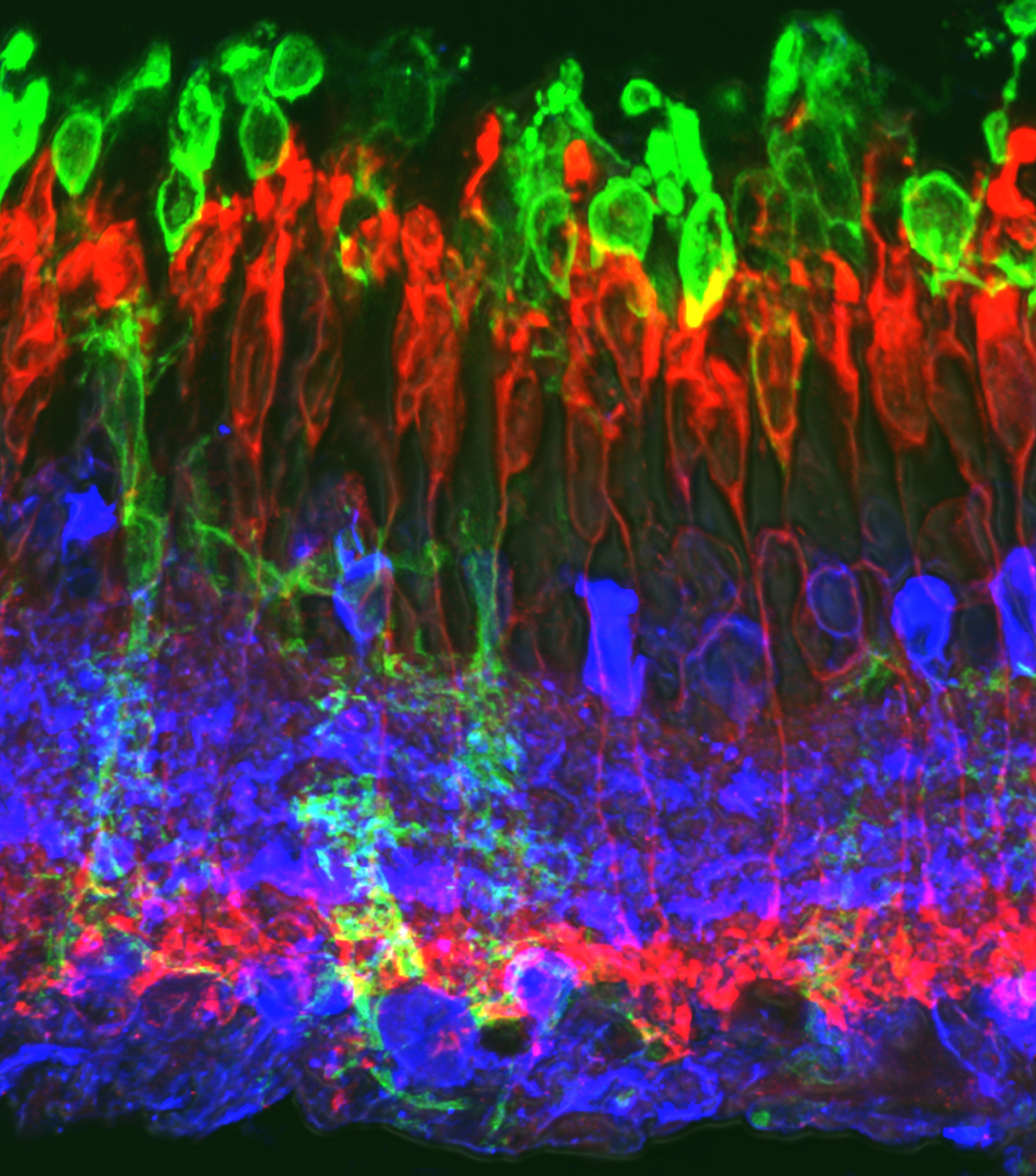
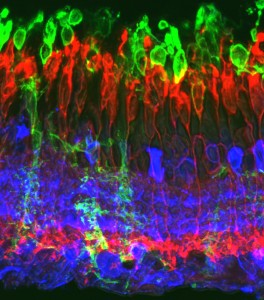
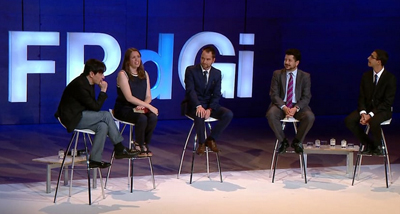
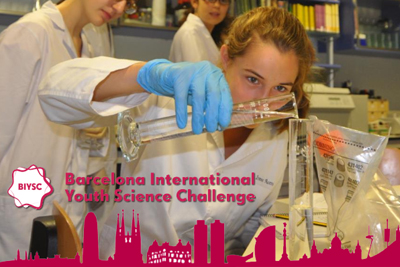

 Application Deadline: 15/09/2016
Application Deadline: 15/09/2016
